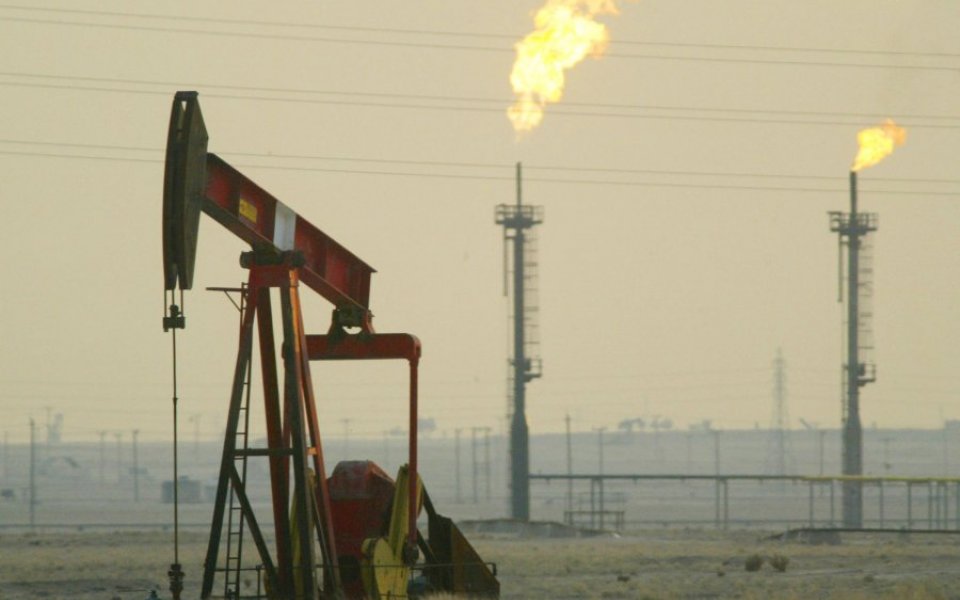The Gulf can cope with low oil prices, says IMF’s Christine Lagarde

The International Monetary Fund is confident that the Gulf economies can adjust to cope with a sustained period of low oil prices, Christine Lagarde said today.
The IMF managing director – who was awarded a second term in the role on Friday – said oil producers would have to tighten their purse strings as prices are set to stay low for "an extended period".
"The size and likely persistence of this external shock means all oil exporters will have to adjust by reducing spending and increasing revenue," she told a conference of Arab economic officials, reported Reuters.
"Most Gulf Cooperation Council (GCC) countries are now in a position where they can pace their adjustment over several years and thus limit the impact on growth." She did not state which of the six GCC economies she did not think were in that position.
Lagarde estimated that oil producers across the entire Middle East and North Africa region lost more than $340bn of revenues last year, equating to around 20 per cent of their combined gross domestic product (GDP).
Read more: IMF fires growth warning to the Gulf states
Oil prices have plummeted from their summer 2014 highs of $115 a barrel and are currently languishing around the early $30s, mainly due to a stand-off between Saudi Arabia and the US, which keep pumping bountiful levels of black gold regardless of the ever-mounting supply glut.
Read more: How the oil price glut will affect Saudi Arabia's economy
The IMF has been advising GCC governments on how to adjust their finances to cope with the loss in revenues.
Lagarde noted that the IMF had helped Kuwait to consider levies such as VAT and a business profit tax. The Kuwait government has said it is planning to make reforms but has not confirmed a specific strategy yet.
Lagarde said even a low value-added tax could raise revenues equating to as much as two per cent of GDP.
"Add to this greater emphasis on corporate income taxes as well as property and excise taxes," she said.
"And continue to invest in building tax administration capacity that could eventually allow for introduction of personal income taxes."